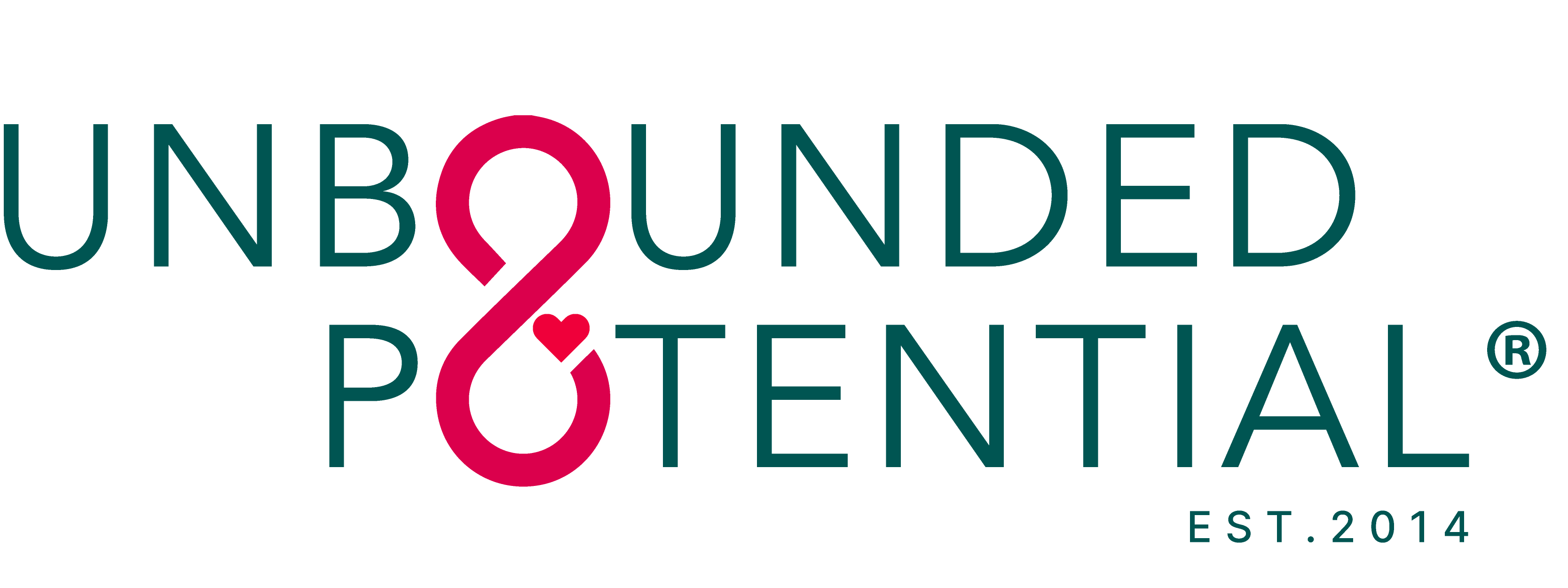Apr 03, 2020 | Belonging
So, How Do You Really Feel About #loveinthetimeofcorona?
I saw a great post on social media the other day from a colleague with a prominent picture of him giving ‘us’ the middle finger. As this post was from a colleague I admire, I was intrigued.
The post went on to say how important it is to allow all of our emotions during these strange times. I could not agree more. This is something I have certainly had to unlearn. That is, the need to be happy all the time. As we learn to embrace all of our emotions—from anger and resentment to sadness and hopelessness—we give ourselves permission to be fully ourselves. This is my definition of personal freedom.
Today, I’m thrilled to share with you this excerpt below from Chapter 11 of my book Belonging: Overcome Your Inner Critic and Reclaim Your Joy. Please read to the end and take on the practice this week and let me know how it goes!
Calls with clients are often like a game of chess, except that I play on my client’s team. We never know what we will get, and sometimes we have to move back to gain some perspective and move forward again. This was certainly the case the day I screamed at the top of my lungs while punching a pillow in front of my computer screen, to model for my client what I wanted him to practice. He looked at me as if I had gone crazy when I said, “Now, your turn.”
I remember that day so vividly. Bob remained mute on our video call. We had worked together for nearly a year at this point and had developed lots of rapport, but he could not bring himself to express anger. This is a common experience for my clients, as it had been mine years before.
Through our work together, we discovered that Bob’s unexpressed anger had blocked him and caused him to try healing his unmet needs through his relationships and an overdeveloped sense of responsibility. We discovered that it was hard for Bob to express any emotion, not simply anger. While his sense of responsibility led him to be incredibly reliable and a go-to person for many, it also left him susceptible to being taken advantage of by those in his life. I gave Bob an exercise before our next session to verbalize and release his anger as access to finding his voice, ability to say no, and ability to begin taking care of himself again.
In The Dark Side of the Light Chasers, Debbie Ford explains that “screaming is a good way to let out pent-up emotions. Often our voices have been literally suppressed and we can’t use our entire vocal range. When you allow yourself to scream completely, with every ounce of your being, you can clear out repressed energies. If you don’t want to disturb anyone, scream into a pillow. If you have never screamed, or if you grew up in a home where there was a lot of screaming, you may have decided screaming was wrong. Now we’re back to ‘what you can’t be with won’t let you be.” So scream. It’s important to have access to your entire range of emotions. At first, Bob resisted, still horrified that I would recommend this, certain he could not express anger. I told him this is a common experience and that most individuals find great relief in leaning into the exercise anyway. He agreed and left, willing to attempt the exercise over the following week.
The next week Bob called and shared that he attempted the exercise twice and couldn’t do it. I reminded him of our conversation from the past week and his commitment to discovering his voice and asked him if he was willing to practice with me on our call again. I asked him to go and collect a pillow and then practice punching a pillow as he screamed out loud. Often, the act alone of verbalizing our constrained emotions, with words or simply sounds, creates an energetic release. After some posturing, Bob let go and began punching the pillow, getting continually louder. When he finished, I asked him what the experience was like, and he said he felt lighter. We celebrated his efforts and I suggested he could still get louder and asked if he was willing to continue practicing.
When I next connected with Bob, he happily reported that he had gotten so frustrated at one of his family members that he did some anger release work in the car. He shared that the act alone allowed him to put a boundary in place with his brother and say no to something he would have easily acquiesced to before our work together. The other day, Bob called me glowing and shared that he had met a woman who was nothing like any of the women he had dated before. She treated him wonderfully, and he could be vulnerable with her and ask for what he wanted and needed.
Clients who are up for this deep work frequently share that they’re scared to uncover their deep well of emotions, afraid of what they might find at the bottom. I often tell them that the greater challenge is likely not that they can’t express their emotions, but rather that they are unable not to. I question clients about their experience with crying or exploding with anger. Their recollection of expressing these emotions occurs as outbursts to others even if they do not realize it for themselves.
I am reminded of my client Eve, who cried regularly on our coaching calls. Often without due cause or reason, Eve would cry on a nearly weekly basis for the first six months we worked together. As Eve began practicing expressing her feelings and needs in the moment, her tears dried up. In Difficult Conversations, the authors explain that one common explanation for habitual anger or tears is quite the opposite of what we might expect. They write, “We don’t cry or lose our temper because we express our feelings too often, but because we express them too rarely. Like finally opening a carbonated drink that has been shaken, the results can be messy.” While it’s true that it may get messier and more confronting before it gets easier, taking on and releasing our unexpressed emotions is necessary to return to a normal emotional state.
Our ability to get comfortable with and access our own anger allows us to be with others’ anger as well, without taking it personally. This has had a significant impact on my own life. Normalizing my own anger and giving it permission to express itself without making it bad or wrong allowed me to more fully show up self-expressed in the presence of others without fear of triggering them or causing them anger. Healthy anger has allowed me to be free in so many ways; this is my greatest desire for you.
TAKING ACTION: GIVING PERMISSION TO ALL THE PARTS OF YOU
One of the most frequent responses I receive from clients regarding anger release work is that “they’re not angry people.” If that is you, then I’m even more excited for you in leaning into this exercise than the readers who have access to their own anger. Now there is most certainly both healthy anger, which gives us access to new parts of ourselves and to our power, and also unhealthy anger, which has us smearing our own unexpressed emotions and needs all over other people. Most anger is about our own unresolved emotions and wounds, not so much about other people.
Today’s practice is about giving yourself permission to express your healthy anger. You could practice this using multiple methods. To be super clear, this is about you expressing your anger to yourself versus someone else.
Here are a few methods to consider:
- Practice punching a pillow for two minutes while yelling out loud. It doesn’t matter if you yell words, sounds, profanities, or people’s names, just as long as you use your voice. The louder you get, the better. Punch and yell constantly without stopping for two minutes. I recommend using a timer so you can fully lean into the exercise without needing to mind the clock.
- A simpler version of this is to yell in your car with the windows up and music on or not, just as long as you yell. I recommend keeping the volume low, so you can hear the sound of your own voice.
- Conversely, you can practice hitting a loose-leaf notebook on the corner of a table or the back of a chair while yelling.
- If you’re looking for an ongoing practice or structure to embody your anger, consider a boxing class, martial arts, or kickboxing class.
Do not relate to this practice as optional today. Take a minute and consider what structures or logistics you need to put in place so you can take on this exercise today. Do you need to borrow the car from your partner this afternoon? Do you need to find an old notebook? Take a minute and jot down what logistics you need to handle to follow through on this exercise.
After taking on this exercise, journal how it felt in your body. What were you present to? How did you experience that heightened energy or response in your body, your feelings, your thoughts, your relationship to possibility?
In this article series, I share excerpts and stories from my book, Belonging: Overcome Your Inner Critic and Reclaim Your Joy. I hope you enjoyed this post — if you enjoyed what you read, let’s connect. You can reach me via email, my website, or connect with me on social: Instagram, LinkedIN, or Facebook.

Get the Essential Reading List for Ambitious Empaths
Snag a copy of our favorite confidence-building + intuition-honing business, money mindset, and leadership books to help you embrace a holistic approach to your success. Grab a cup of tea and let's reverse engineer your life, removing the hustle and grind and replacing it with more joy and leisure.
A Guide to Navigating Career Transitions as an Empath
If you’ve been tuning into the podcast recently, you’ve likely noticed that I’ve been doing things a little bit differently. I have been sharing some of my most favorite and powerful tools, frameworks, and coaching distinctions that I use with my clients and myself as I’ve been sitting with the despair, grief, and fear of what’s going on in my own country and cultures around the world. This week is no different – I want to share what can support you in a changing and unpredictable job market and periods of transition in your career, whether you’re at a place of wanting to finally leave the nine to five and pursue your own entrepreneurial dream, whether you have been laid off in this current job market, whether you’ve been fired, or whether you’ve chosen to see yourself out. These tools and exercises that I’m sharing with you today have been some of the most impactful for my clients in navigating periods of transition in the job market with intentionality, with purposefulness and with integrity. I hope you find today’s episode not only useful but as a tool to bring you a bit of peace and direction.
Visit this episode’s show notes page here.
The Prosperous Empath® Podcast is produced by Heart Centered Podcasting.





